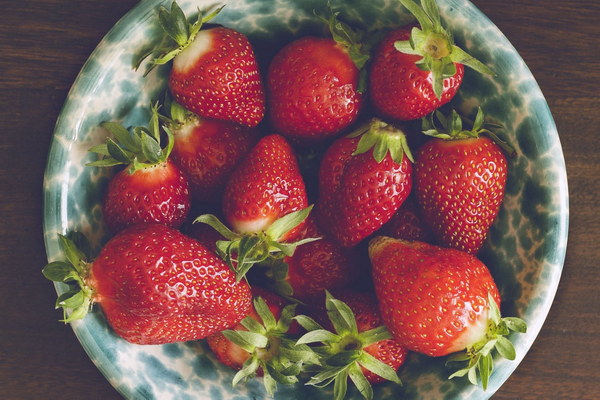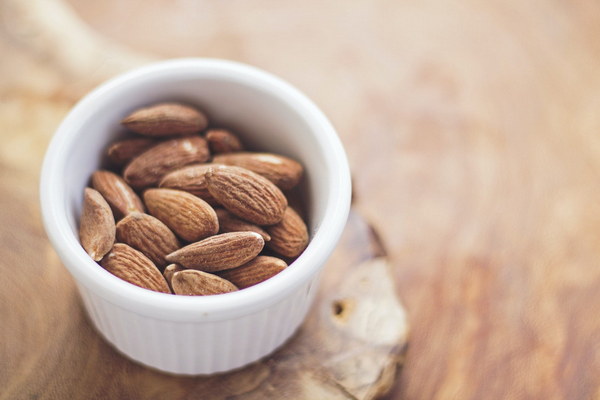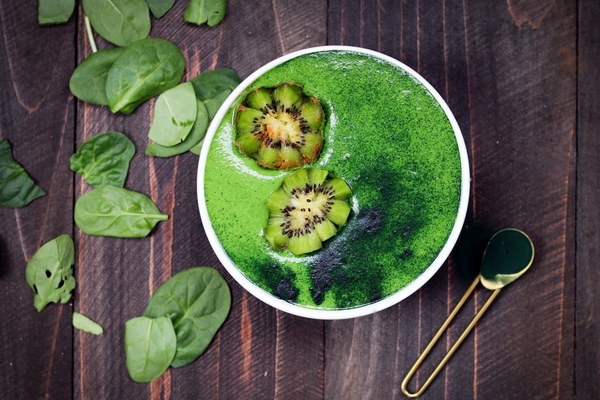Unveiling the Secrets of the Wetness-Relieving Compound A Natural Remedy for Modern Ailments
In the fast-paced world we live in, where stress, poor diet, and environmental factors contribute to a wide range of health issues, finding natural remedies to alleviate common ailments has become a priority. One such natural remedy is the Wetness-Relieving Compound, a traditional Chinese medicine formula designed to combat dampness in the body. This article delves into the secrets of the Wetness-Relieving Compound and explores its potential benefits for modern health concerns.
The Wetness-Relieving Compound is a blend of carefully selected herbs that have been used for centuries in Traditional Chinese Medicine (TCM) to address dampness-related symptoms. Dampness is a concept in TCM that refers to excess fluid in the body, which can lead to various health problems such as fatigue, joint pain, and digestive issues.
The formula typically includes the following key herbs:
1. Atractylodes macrocephala: Known as Cang Zhu in TCM, this herb is renowned for its ability to drain dampness and strengthen the spleen, thereby improving digestion and reducing fatigue.
2. Poria cocos: Also known as Fu Ling, this mushroom-like herb is excellent for absorbing dampness, clearing damp heat, and promoting diuresis.
3. Alisma orientale: Known as Ze Xie in TCM, this herb is a potent diuretic that helps eliminate dampness and alleviate symptoms such as edema and abdominal distension.

4. Pinellia ternata: Known as Ban Xia, this herb is used to resolve dampness and stop vomiting, making it effective for treating stomachaches and nausea.
5. Phellodendron amurense: Known as Huang Bai, this herb helps to clear damp-heat and strengthens the kidneys, thereby supporting the overall health of the body.
The combination of these herbs in the Wetness-Relieving Compound works synergistically to address dampness-related symptoms. Here's how each herb contributes to the formula's effectiveness:
1. Atractylodes macrocephala: By strengthening the spleen and draining dampness, this herb helps to improve overall digestion and energy levels.
2. Poria cocos: As a natural diuretic, Poria cocos aids in eliminating excess fluid, reducing edema, and promoting healthy kidney function.
3. Alisma orientale: This herb's diuretic properties help to eliminate dampness from the body, thereby alleviating symptoms like edema and abdominal distension.
4. Pinellia ternata: By resolving dampness and stopping vomiting, Ban Xia can provide relief from stomachaches, nausea, and other gastrointestinal issues.
5. Phellodendron amurense: This herb's ability to clear damp-heat and strengthen the kidneys makes it an essential component for overall health and well-being.
While the Wetness-Relieving Compound is a natural remedy with a long history of use in TCM, it is essential to consult with a qualified healthcare professional before starting any new treatment. This is particularly important for individuals with pre-existing health conditions or those who are pregnant or breastfeeding.
Modern research has begun to uncover the potential benefits of the Wetness-Relieving Compound, supporting its traditional use. Studies have shown that the formula can improve digestion, reduce inflammation, and promote overall well-being. Furthermore, the herbs found in the Wetness-Relieving Compound have been found to possess anti-inflammatory, anti-oxidant, and anti-bacterial properties, which can contribute to improved health outcomes.
In conclusion, the Wetness-Relieving Compound is a natural, time-honored formula that offers a promising approach to addressing dampness-related symptoms in the modern world. By understanding the secrets of this compound and its individual components, we can appreciate its potential benefits for overall health and well-being. Always consult with a healthcare professional before starting any new treatment, and embrace the power of nature to support your health journey.









